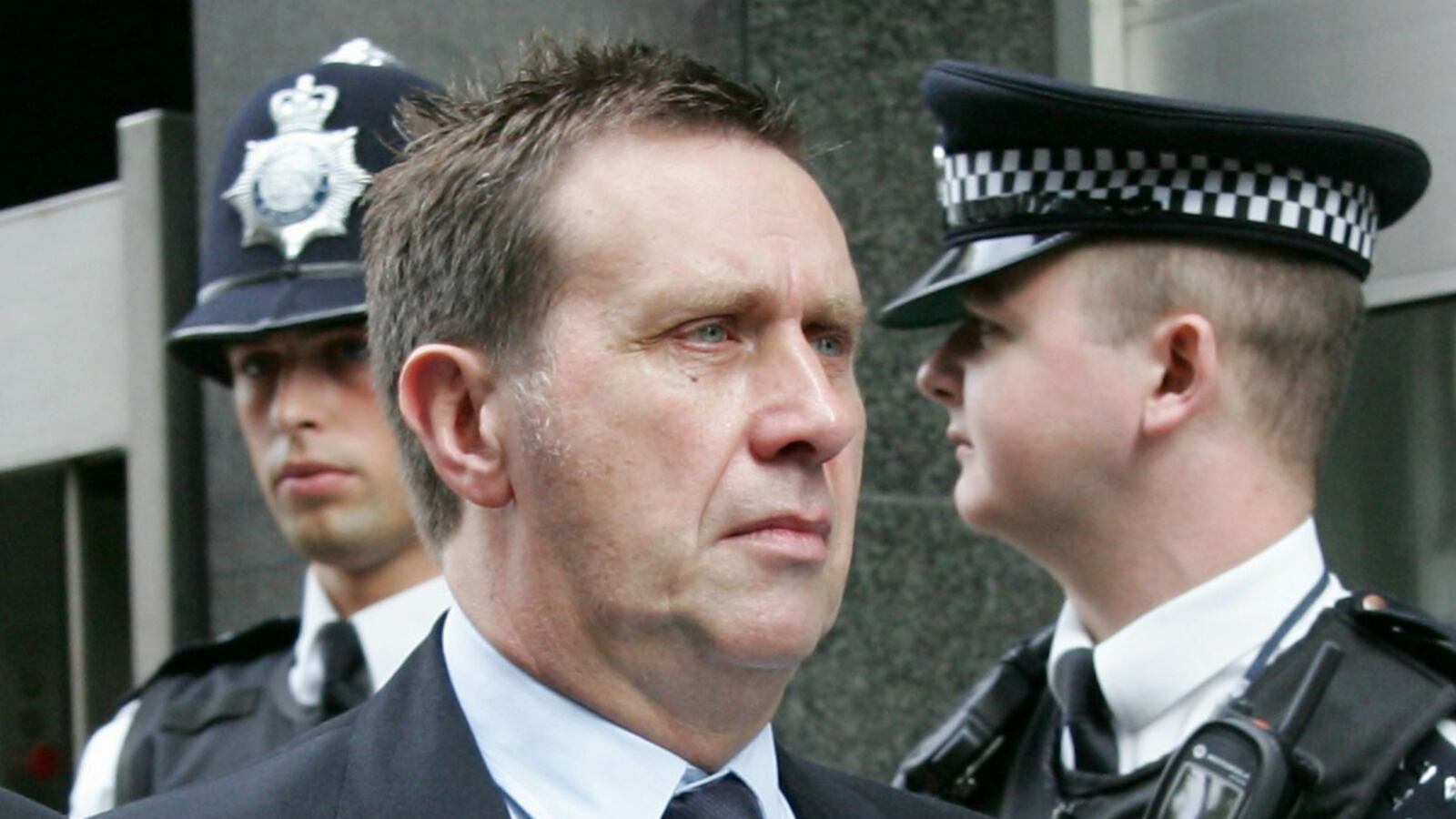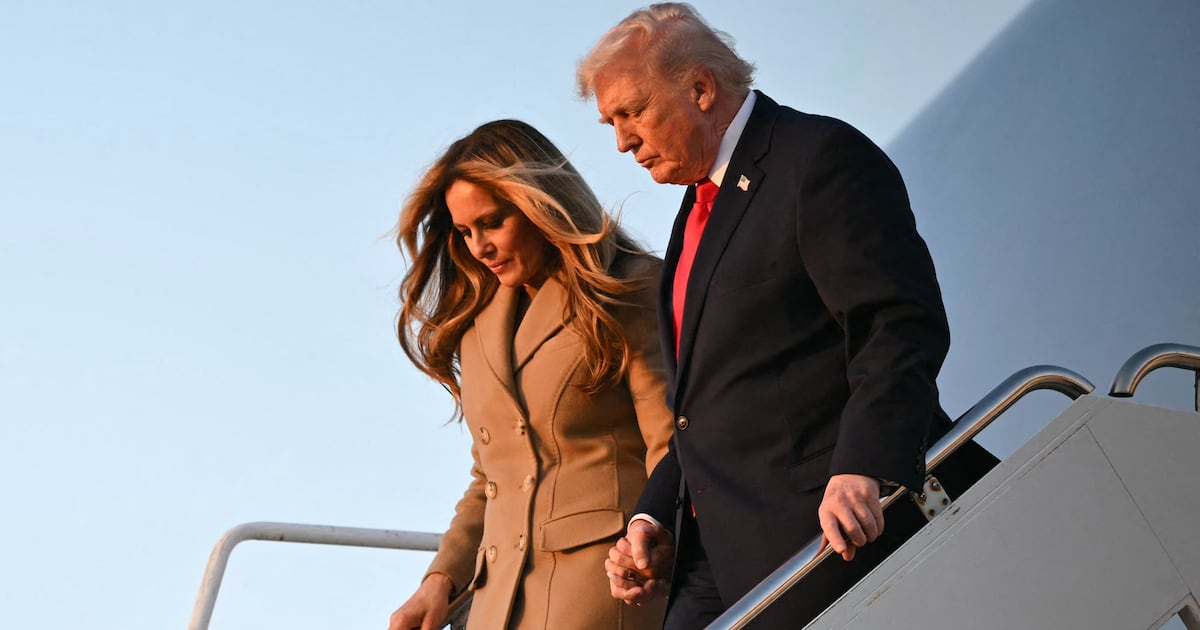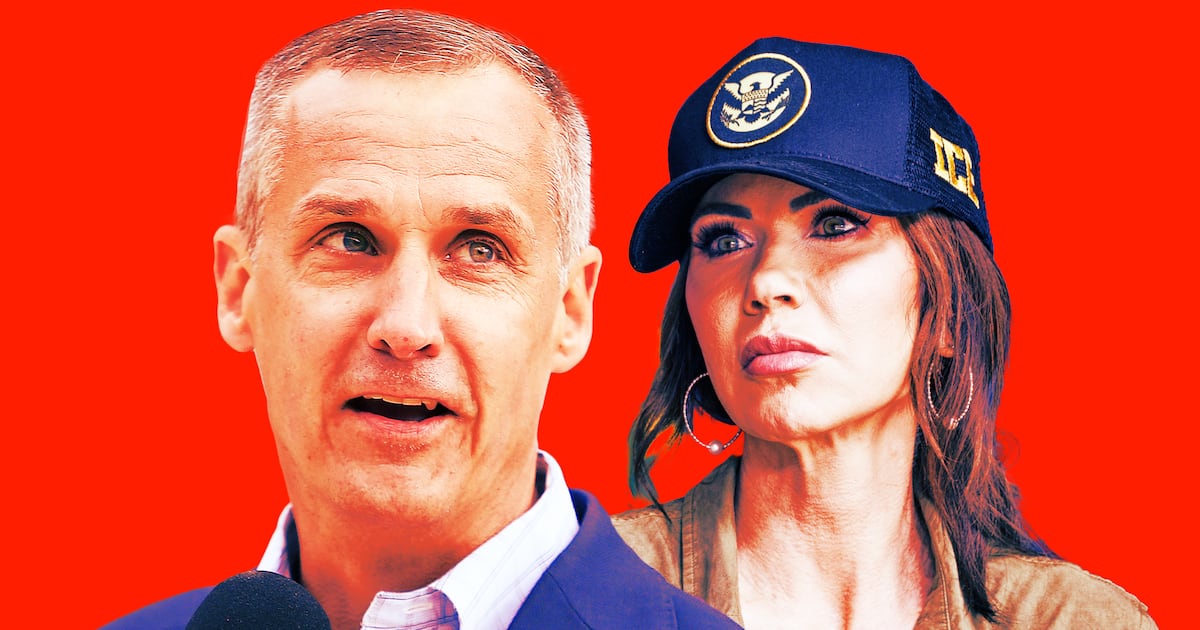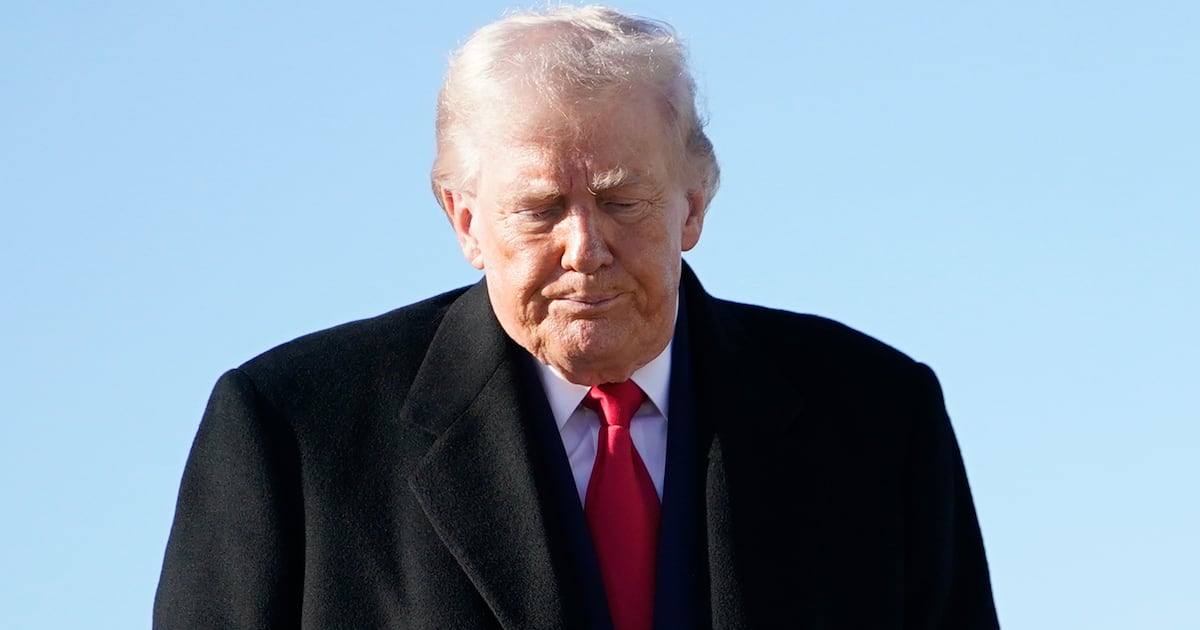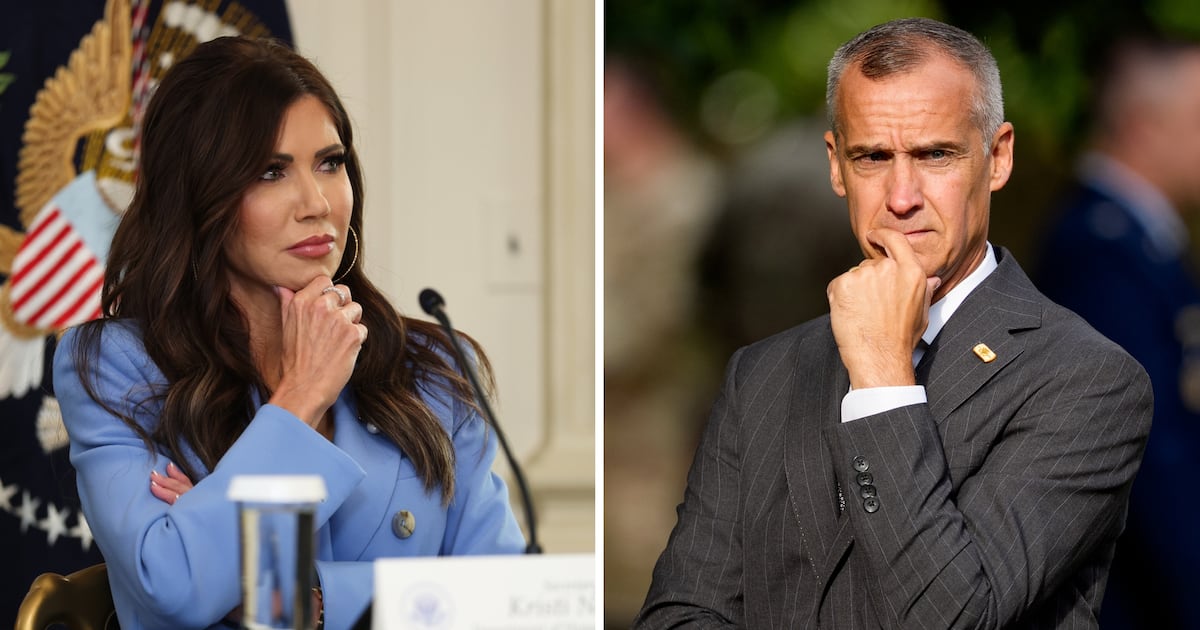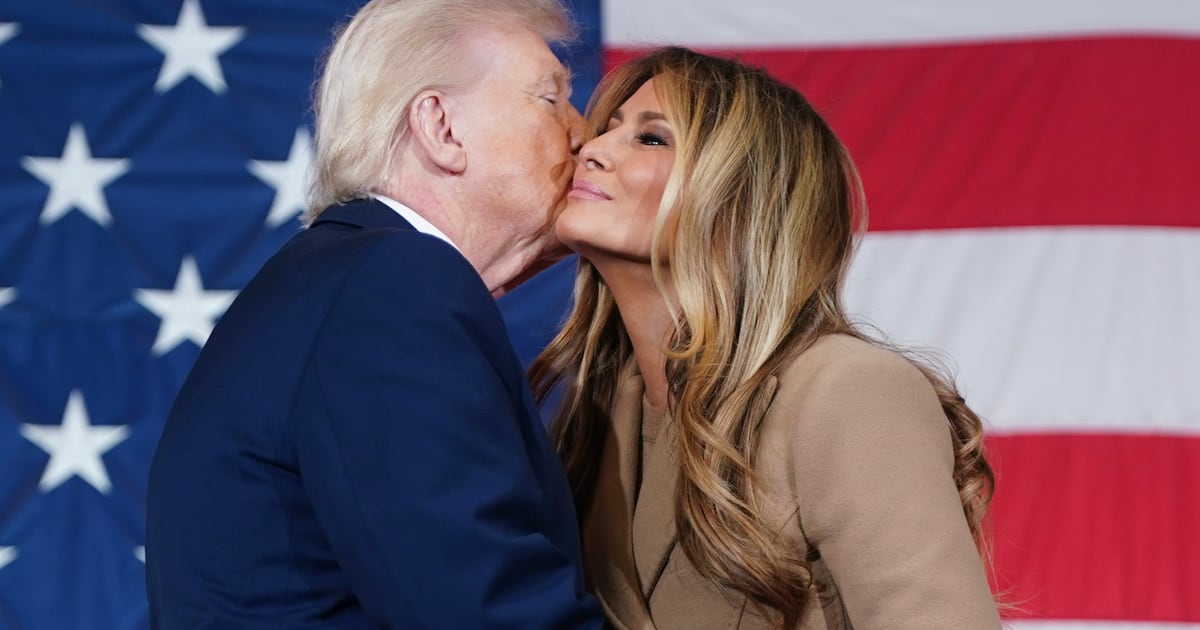A long, long silence was broken today in the British phone-hacking scandal, and the result left Rupert Murdoch’s organization in worse trouble than ever.
Clive Goodman, the former royal editor of Murdoch’s now-closed News of the World tabloid, was the one journalist to go to jail when illegal voicemail hacking first came to light in 2006-07. He has never, at any stage, spoken about what he knew, either to police, to the courts, or to the public, but now a letter he wrote four years ago has been made public. It may explain why he has said nothing, and it also raises the possibility of new arrests among senior Murdoch executives.
In the letter, written shortly after Goodman’s release from prison in 2007 to News International’s then–human-resources chief Daniel Clarke, the reporter asserted that two executives, News of the World editor Colin Myler and the paper’s legal boss, Tom Crone, had promised him he would keep his job “if I did not implicate the paper or any of its staff in my mitigation plea.”
He also stated that the practice of phone hacking “was widely discussed in the daily editorial conference, until explicit reference to it was banned by the Editor.” The editor at the time was Andy Coulson, who went on to be media adviser to British Prime Minister David Cameron, though he resigned in January, and who has testified in a court of law that he was unaware the phone hacking took place.
Heaping woe on News International, the parliamentary committee that questioned Rupert and James Murdoch last month, has also released further papers showing that Goodman, though he was sacked from his job at the News of the World after his conviction, subsequently received payments from News International totaling £243,500—far more than the company has admitted.

These revelations raise dramatic new questions in the scandal, though it has to be said that Goodman’s claims are unverified, and as a former employee seeking redress he had an interest in painting the company in a sinister light. Does the letter imply that Goodman was offered an inducement—continued employment—to withhold knowledge of criminality from the police and courts? Does the large payment suggest he was paid the money instead?
At the very least, this gives M.P.s grounds to question all those involved, but. more important, it could prompt police to investigate the possibility of a conspiracy to pervert the course of justice—a serious criminal offense. Such an investigation would no doubt involve questioning not just all those mentioned in Goodman’s letter but also all those who saw it: it was copied to former News of the World managing editor Stuart Kuttner and to Les Hinton, then News International CEO and, until his recent resignation, CEO of Dow Jones & Co.
Meanwhile, the parliamentary committee has deepened James Murdoch’s plight by publishing outright contradictions by other witnesses of the evidence he gave to them in a hearing last month. Most notably, James, who heads News Corp.’s operations in Britain and was until recently the designated heir to his father, Rupert, and head of the global company, claimed he had never seen a key email. Others have now stated, with supporting detail, that he did.
The so-called “for Neville” email contained—by most normal judgment—proof that Goodman was not the only News of the World reporter hacking phones, and thus proof of wider criminal wrongdoing. James Murdoch stated that he was not aware of this email at the time his company was insisting that only one “rogue” reporter was involved; both Crone, the lawyer, and Myler, the editor, have now stated that they showed it to him then.
James Murdoch, like Crone, Myler, and others, has been told that the M.P.s want to question him again. He is in such a tight corner now that it is extremely difficult to imagine what he can tell them in his own defense. The question is, will he resign before he faces that humiliation, or after it?

